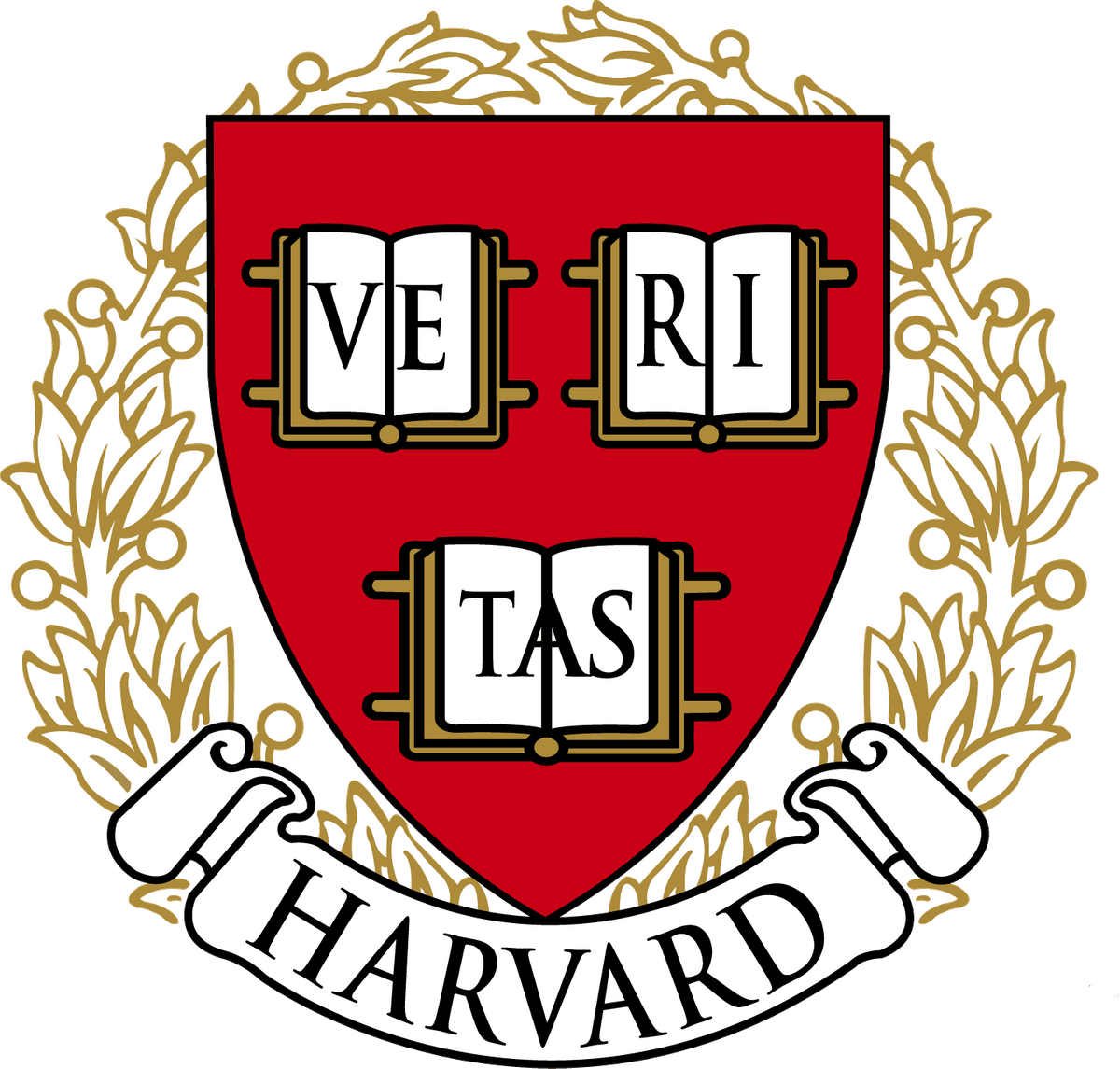All 692 students who were accepted to Harvard’s class of 2028 through its Restrictive Early Action (REA) program have one thing in common: a compelling story. Sure, some are spectacular athletes or have extraordinary artistic or musical ability (with emphasis on the words spectacular and extraordinary), but others were accepted because their stories captured the hearts and minds of Harvard’s admission committee. Some have risen above spectacular hardship. Others have had extraordinary accomplishments. All have captivating stories to tell that survived the elimination round only to make the severe scrutiny of the final cut. Once all the nuanced considerations have been accounted for (e.g., legacy, faculty favors, famous names, school slots, military members, mega donors, sports teams, orchestra, etc.), the real work of the admission committee begins. From this point forward, the thousands of remaining highly qualified applications are scrutinized, argued over, and, ultimately, accepted, deferred, or rejected. Unless you are a member of one of these groups, your only real chance of admission to Harvard is having a truly compelling story to tell, and the evidence to back it up.
For all other candidates, the story of Harvard acceptance begins with GPA and academic rigor but does not end there. Having very close to a 4.0 GPA, or the equivalent within other academic scales, just earns you consideration. Consider that there are literally tens of thousands of students with perfect GPAs, some of whom also have perfect, or near perfect, test scores. These accomplishments alone do not define a Harvard student. Harvard is not interested in assembling a gaggle of intelligent robots. They are far more interested in creating an eclectic class of doers who are capable of extraordinary accomplishments. Furthermore, they are interested in assembling a diverse cohort comprising students of several different beliefs, colors, upbringings, geographic locations, talents, and experiences. When you consider all these factors and simultaneously consider the extremely small number of spaces that are available, you may start to understand why so many people feel that getting into Harvard is a virtual impossibility.
Yet, the way to defeat these long odds is not to cut against the grain or to try to pad your application with hollow activities, meaningless awards, or perfunctory community service. Furthermore, you cannot fool Harvard Admission; they are far better at their job than you are. If your life’s ambition is to get into Harvard (and I would argue that you should broaden your desires and be more open to other life goals) you must become the kind of student that will cause Harvard Admission to stand up and take notice. You should start to build a compelling narrative. Typically, such a narrative cannot be assembled in a single year; it must be painstakingly written over several years. The best way to accomplish this is to identify a single point of entry, and then do everything possible to align your journey to that point of entry.
And while you are thinking about all this, I will give you one more word of warning. Do not fall prey to extracurricular programs that come wrapped in a pretty package but contain nothing of value. Harvard is less interested in elite programs that you select because you have the means (money) to do so, and more interested in substantive activities even if their names are unrecognizable. For example, finding some real way of helping students in the inner city is far more meaningful than signing up for the Stanford pre-college program. If, however, you take college-level classes that fit your narrative, that can be a useful addition to your activity list.
When applying to elite colleges such as Harvard, it is important to step back and take a mile-high view of yourself as a candidate. Do not analyze yourself activity by activity, class by class, or simply by considering your GPA, level of academic rigor, and test scores. Instead, look at yourself as one complete picture. Imagine that your application is being shown on a large TV screen in front of a large group of people who are tasked with building the next cohort. What will the naysayers say about you, and how strong a case will the advocates be able to make about you? Will your personal story be compelling enough to overcome any chinks that might exist in your otherwise formidable armor?
And so, we have come full circle, back to a discussion of your unique and compelling story. To Harvard and other elite colleges, you are not just a collection of numbers or statistics; you are a real person, with real experiences that collectively make up the story of you as a candidate for admission. Not unlike a job interview, or consideration for an honorary award, admission success will be determined by how well you match the characteristics that each college is seeking. In the case of Harvard and other elite colleges, once you get beyond the academic requirements or special talents, it is all about the ability of your story to emerge unscathed from the microscopic scrutiny, and to stand strong among a field of formidable granite competitors, that will determine whether you become a member of the next elite cohort of Harvard Crimson.

